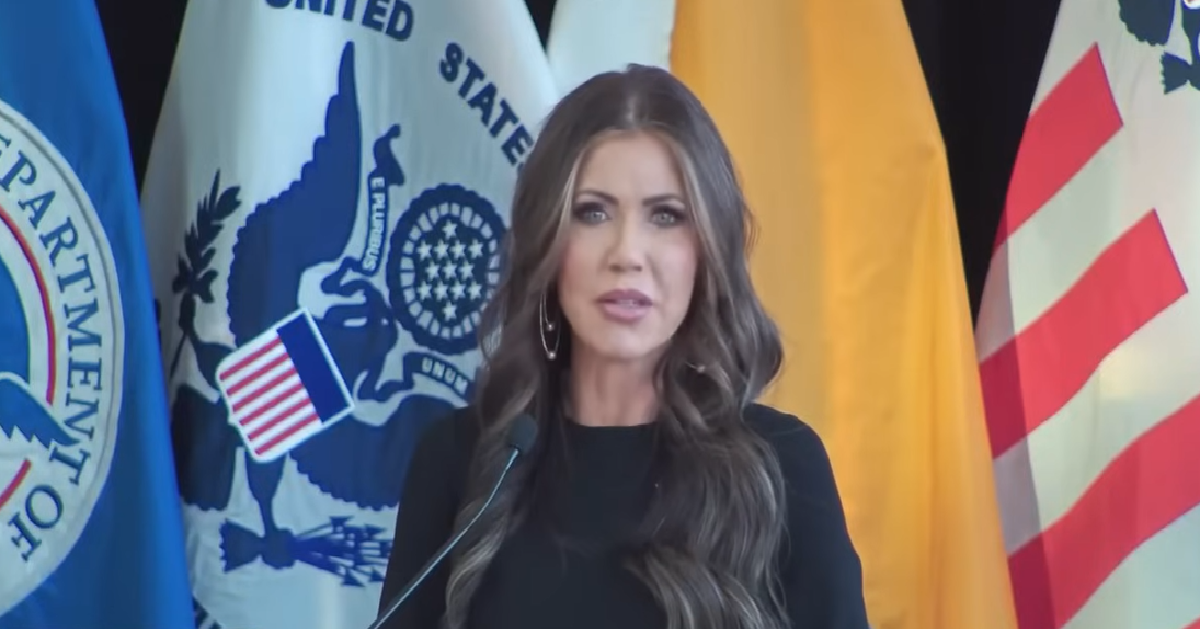SCOTUS limits judicial authority to block federal projects on environmental grounds
Since returning to office, President Donald Trump has accused left-leaning courts of abusing their authority to undermine his agenda.
However, Trump scored a legal victory earlier this week when the U.S. Supreme Court ruled eight to zero in his favor.
National Environmental Policy Act at issue
According to Fox News, that decision came on Thursday in a case called Seven County Infrastructure Coalition v. Eagle County.
At issue was the extent to which courts are empowered by the National Environmental Policy Act (NEPA) to demand environmental impact statements (EIS) in federally supported infrastructure projects.
In his majority opinion, Justice Brett Kavanaugh declared that the "NEPA does not allow courts, ‘under the guise of judicial review’ of agency compliance with NEPA, to delay or block agency projects based on the environmental effects of other projects separate from the project at hand."
"Courts should afford substantial deference and should not micromanage those agency choices so long as they fall within a broad zone of reasonableness," he insisted.
Scope of environmental impact considerations limited
Kavanaugh further asserted that federal agencies need not consider the environmental impacts of projects other than the ones they are currently working on.
This is true even in the event that the environmental impacts "might extend outside the geographical territory of the project or materialize later in time."
"The fact that the project might foreseeably lead to the construction or increased use of a separate project does not mean the agency must consider that separate project’s environmental effects," Kavanaugh stated.
Fox News noted that Kavanaugh was joined in his majority opinion by Chief Justice John Roberts as well as Justices Clarence Thomas, Samuel Alito and Amy Coney Barrett.
Justice Sonia Sotomayor also issued a concurring opinion which was joined by Justices Elena Kagan and Ketanji Brown Jackson. Meanwhile, Justice Neil Gorsuch abstained from the case.
Utah railway line spurs controversy
Fox News reported that the case arose in Utah after the Seven County Infrastructure Coalition (SCIC) sought permission from the Surface Transportation Board (STB) to construct an 88-mile railway for the transportation of crude oil.
While the STB released an EIS for the project, opponents of it in Eagle County, Colorado alleged that the federal agency did not properly review all of the railway's potential environmental effects.
A D.C. circuit court agreed with the Eagle County plaintiffs and ordered that the project be paused until a more thorough review was conducted, sparking the case that eventually rose to the nation's highest court.






